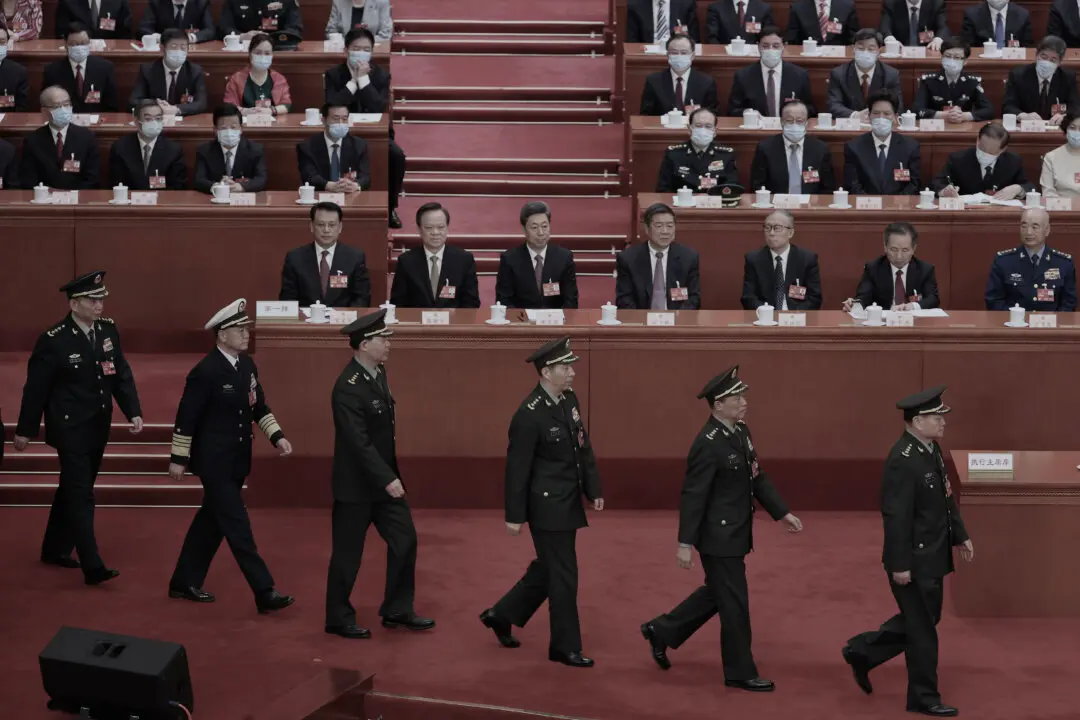Recently, a number of private real estate companies in mainland China went bankrupt, and Chinese state media blamed the problem on illegal loans by private banks.
Some financial commentators believe that private banks will become targets for suppression under communist leader Xi Jinping’s regime.




